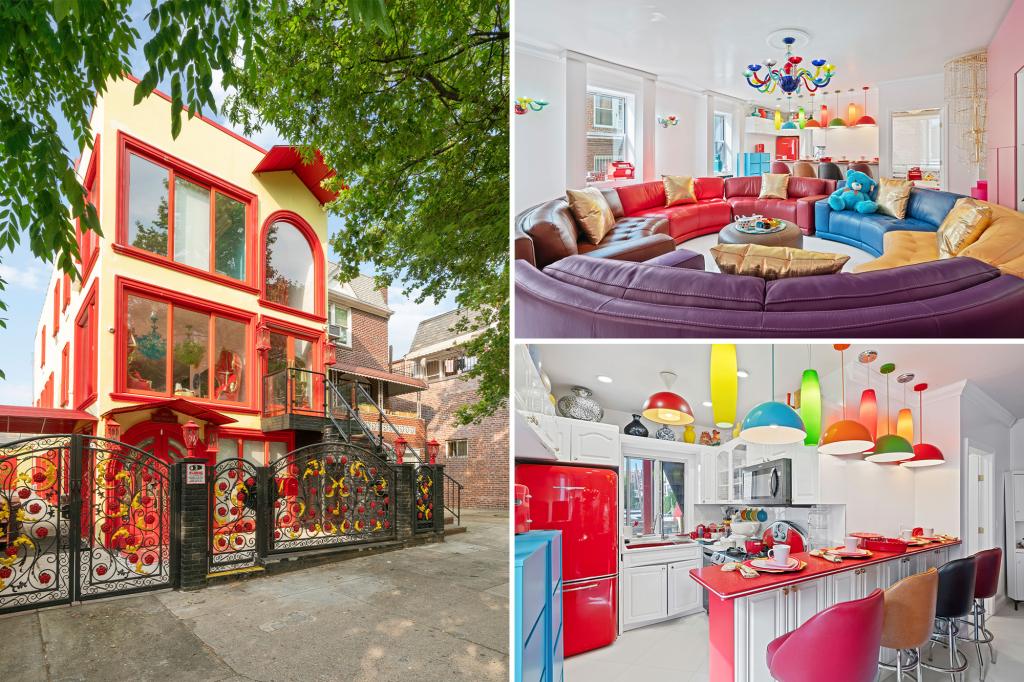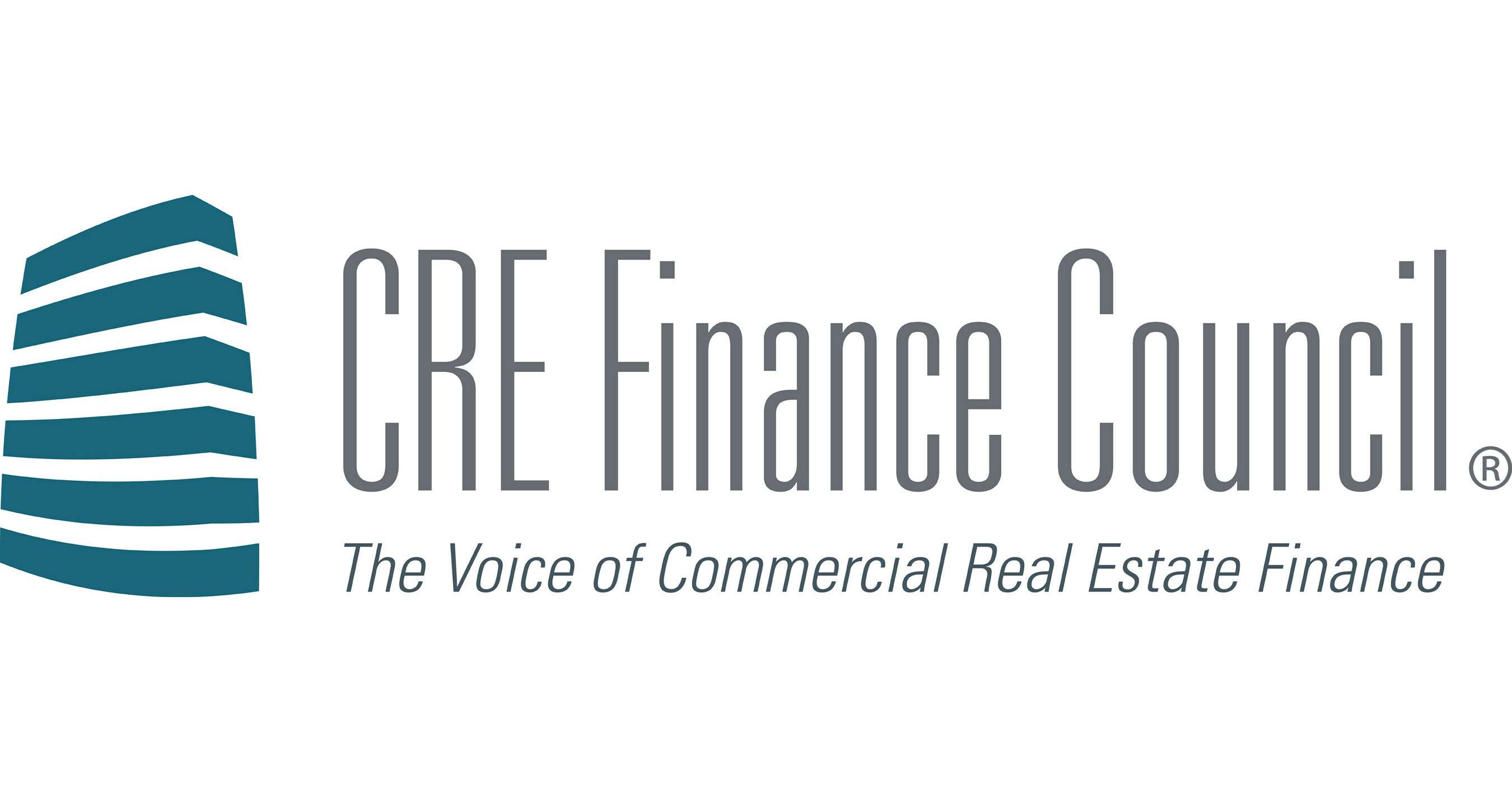T
he Astoria residence on 36th Avenue, once billed as “the most colorful house in Queens,” now stands as a symbol of a larger scandal that has rattled the Bangladeshi community in New York. The three‑story, pale‑yellow home, adorned with scarlet trim and metallic vermilion floral motifs, was marketed under the whimsical name “Château Couleur” and listed for $3 million in July. Its bright façade contrasted sharply with the subdued brick Tudor homes that surround it.
Behind the candy‑colored exterior, federal prosecutors allege that the property was purchased with money stolen from community members. The case centers on Rashidun Bokhari, 59, and his wife Jasmin, both well known in Queens for their flashy cars, designer handbags, and a real‑estate portfolio that once earned admiration. Rashidun has pleaded guilty to wire fraud, admitting he siphoned more than $1 million from fellow Bangladeshi‑Americans by exploiting shared cultural ties and promises of lucrative real‑estate deals that never materialized.
The first major victim was Aslam Ansari, a 56‑year‑old real‑estate investor who had known the Bokharis since the 1980s. In 2015, Rashidun approached Ansari about a $4 million auction property in Long Island City, proposing a $200,000 down payment split evenly. Ansari complied, but the deal never closed. When he discovered forged documents and nonexistent contracts, he sued in the Queens Supreme Court in 2021. The lawsuit prompted a federal indictment in 2022, and Rashidun pleaded guilty in 2023. At sentencing in June 2024, he acknowledged the pain inflicted on the community, describing the Ansari family as “outstanding people.”
Other victims include Nazia Jamil and her mother Aqsa Shams, who gave Rashidun $191,000 after he promised to help them purchase a modest two‑family home in Jamaica, Queens. Shams recalled living in a cramped basement room and hoping for a family home. Jamil, 30, said the money was her mother’s life savings and that she had no idea anyone would help them. Prosecutors say Rashidun used the funds for personal expenses, mortgages, and to acquire an apartment in Woodside, Queens, under his wife’s name. He also allegedly financed the lavish renovation of the Astoria property with stolen money.
The Bokharis have a history of moving properties among family members and shell companies to obscure ownership. Public records show transfers between Jasmin, her sister‑in‑law Jubayda Aktar, and Tanny Fashion, a corporation the couple used for multiple real‑estate transactions. Forensic accountant Mark S. Gottlieb described the strategy as a way to flood public records and hide true ownership. Despite claiming in court that his family had no interest in the Astoria home since selling it in 2008, Jasmin’s name appears on the deed multiple times, most recently in April.
In 2024, the U.S. Attorney’s Office placed a $1.49 million lien on both the Astoria and Jamaica properties, equivalent to the restitution Rashidun was ordered to pay. The liens make the homes difficult to sell without repaying victims. Jasmin remains the legal owner and, because she has not faced criminal charges, is not obligated to cover her husband’s debt. She reduced the Astoria home’s asking price to $2.5 million in early September.
Rashidun was sentenced to more than three years in federal prison and ordered to repay $1.5 million. He told the court, “I want to pay them back. How I’m going to pay them back, that’s the only question.” If the Astoria and Jamaica homes sell at current prices, his wife could walk away with roughly $5 million. However, the government’s lien could divert a portion of the proceeds toward victim restitution.
Although only three victims were named in court, community organizers and attorneys believe the number is far higher. Nine additional Bangladeshi New Yorkers have come forward, many too fearful to speak publicly. One man recalled Rashidun’s promise, “I’m your uncle… you can trust me.” Rema Begum, a Queens‑based community organizer, noted that shared language and cultural understanding can create a false sense of trust, making individuals more vulnerable to such schemes.
The case underscores how personal relationships and cultural bonds can be exploited for financial gain. The Astoria house, once celebrated for its vibrant design, now serves as a reminder of the damage caused by fraud and the importance of vigilance within tight‑knit communities.















